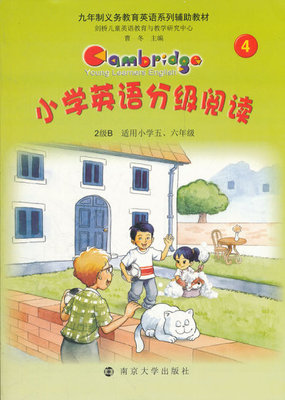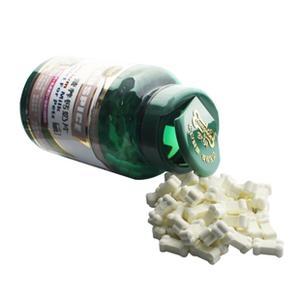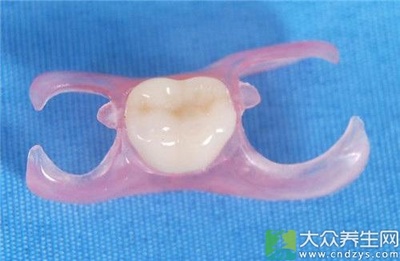in May
on May13th
in the morning
on sunday morning
at 1 o'clock
at noon
at midnight
on May 13th,1996
明白了吗?只有月份的时候用in 加上日期和年份之后用on
在几点钟用at
在早上用或下午、晚上用in 但若前面加形容词则用on 如on a rainy morning
但午夜midnight 正午noon 都用at
一、日期的写法跟读法
1) 美式的写法是先写「月份」,再写「日期」
Ex:9月28日==> September28th==> September twentyeighteenth
2) 中文说「几月几日礼拜几」,英文要读写作星期,~月~日
Ex:9月28日礼拜一
Monday, September 28th (twentyeighteenth)
3) ※在几月:in+月份
※在几月几日:on+几月几日
※在礼拜几:on+星期
※in+长时间(年代/四季/月份/早上/下午/傍晚/寒暑假…)
Ex:in summer vacation
inwinter…
in September
in 2003
in the morning(afternoon, evening)
※at+短时间(几点几分/中午/夜晚)
Ex:at 9 o’clock
atnight
atnoon
※on+几月几日/節日/某人的生日/星期幾或幾月幾日的上午(中午/晚上)
Ex:on October tenth(在十月)
on Teacher’sDay (在教师节)
on Confucius’Birthday (在孔子诞辰)
on Sunday(在礼拜天)
on Tuesdayevening (在礼拜二傍晚)…
4) 不必加”in”, ”on”, ”at”的状况。
i)every/this/last + 时间,注意:前面不加任何介系词
ii)today,yesterday,tomorrow前面不加任何介系词
二、询问日期
今天几月几日:What date is today? (date n.日期)
今天礼拜几:What day is today? (Sunday,Monday, …)
时间日期前介词的使用1.at,on 用at来表示在某一时刻: atdawn 在黎明 atsix 在6点钟 atmidnight在午夜 at4∶30在4点30分 用at来表示在……岁时: atsixteen/at the age of sixteen 16岁的时候 She gotmarried at seventeen. 她17岁结婚。 用on来表示在星期几/某日: onMonday在星期一 on 4June在 6月 4日 onChristmas Day在圣诞节那一天 但以下的情况例外: atnight在晚上 atChristmas在圣诞节期间(不仅当天) atEaster在复活节期间(不仅当天) on themorning/afternoon/evening/night of a certaindate在某一具体日期的早上/下午/傍晚/夜里 Wearrived on the morning of the sixth. 我们在6号早上到达。 当然也可以说: this/next Monday在这个/下个星期一 anyMonday在任何一个星期一 oneMonday在某个星期一 2. by,before by a time/date/period=atthat time or before/not later than that date 在那一时刻或在那一日期或不迟于那一日期 这种表示方法常暗指在那一时刻或日期之前: Thetrain starts at 6∶10,so you had better be at the station by6∶10. 火车6点10分发车,所以你最好在 6点10分之前到达火车站。 by+atime常常和完成时态连用,尤其与将来完成时态连用(参见第216节): By theend of July I’ll have read all those books. 到7月底我将已把那些书全读完了。 before可作介词、连词或副词: Beforesigning this… 在签署这个之前……(介词) Beforeyou sign this… 在你签署这个之前……(连词) I’veseen him somewhere before. 我以前在什么地方见到过 他。(副词) (参见第195节B与第342节。) 3. on time,in time,in good time ontime(按时,准时,既不在此时以前也不迟于此时): The 8∶15 train startedon time. 8点15分的火车按时发车。相当于: It started at8∶15. 火车在点15分正点发车。 in time/in timefor(+名词)(及时,不迟于……);in good time (for)(留有充足的时间): Passengers should be intime for their train. 旅客们要乘坐火车时应当早点到。 I arrived at the concerthall in good time(for the concert). 我及时到达了音乐厅。(也许音乐会7点半开始,而我在7点15分就到了)。 4. on arrival,on arriving,onreaching,on getting to On arrival/onarriving,he…相当于: When hearrives/arrived,he… 在他到达时,他…… 同理,on也可以与其他某些动词(主要是表示沟通思想的动词)连用: On checking,she foundthat some of the party didn’t know the way. 经核查,她发现这一组人中有些不认得路。 On hearing/Hearing thatthe plane had been diverted,they left the air- port. 一听到飞机已经改飞别的机场,他们就离开了机场。 后面一句中的on可以省略。(参见第277节。) 5. at the beginning/end,in the beginning/end,at first/at lastatthe beginning(of…)(在……的开头)/at theend(of…)(在……的最后,照其字面的含义表示在开头/最后): At the beginning of abook there is often a table of contents. 在一本书的开头常常有个目录。 At the end there may bean index. 结尾处可能有索 引。 in the beginning/atfirst(=in the early stages在当初/最初)暗示着以后有所变化。 In the beginning/Atfirst we used hand tools.Later we had machines. 当初/最初我们用手工工具,后来我们有了机器。 in the end/atlast(=eventually/after some time最后/终于/后来): At first he opposed themarriage,but in the end he gave his consent. 最初他反对这桩婚事,但最终还是同意了。 |
 爱华网
爱华网



